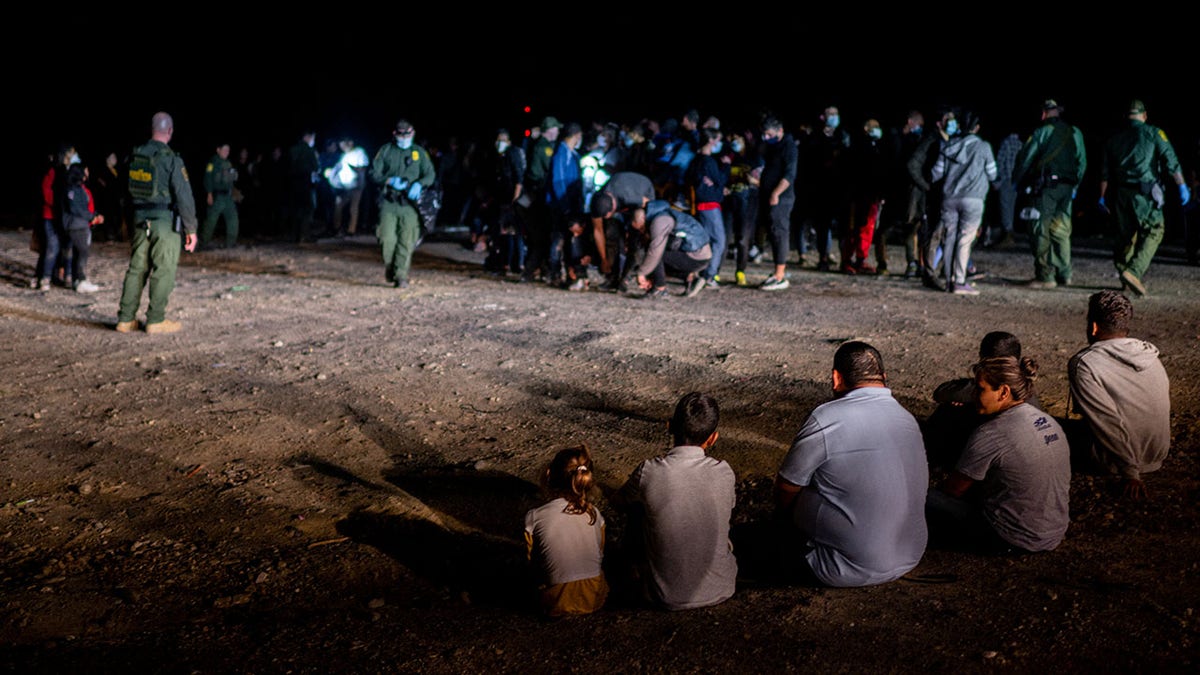Texas Gov. Abbott slams Biden admin's decision to end Title 42
Texas Governor Greg Abbott argues the move is the 'most disastrous thing' anyone has ever witnessed and that the situation at the southern border is a 'total disaster.'
Texas will provide authorities in a Mexican border state with razor wire and training on how to deploy it in order to increase security at the U.S.-Mexican border, Texas officials told Fox News on Saturday.
The unprecedented agreement between Texas and the Mexican state of Coahuila — which is situated across from Eagle Pass — will involve Texas providing the Mexican authorities with c-wire (concertina/razor wire) and training on its deployment near the border.
FEDERAL JUDGE EXPECTED TO RULE ON TITLE 42 LAWSUIT WITHIN DAYS AS BORDER CRISIS ROLLS ON
Texas Department of Public Safety said that in the coming days, Mexican officials will come to Eagle Pass and be trained by the Texas Military, take possession of the wire and return it to Mexico.

May 5, 2022: A migrant family sits after being processed in Roma, Texas. (Brandon Bell/Getty Images)
Texas officials say that it is the first time in history that such a deal has been made, and that it will put Mexican and U.S. authorities together on the subject of border enforcement. The development was first reported by journalist Ali Bradley.
Texas has taken a number of unique measures to stop the surge of migration that it has encountered at its border. There were more than 221,000 migrant encounters in March alone across the entire border and comes on the back of a number of historic months of migrant encounters.
Those numbers are expected to rise should the Biden administration lift Title 42 — a Trump-era public health order that has been used to expel a majority of migrants at the border. The administration announced that it would lift Title 42 on May 23, but a number of states, including Texas, have sued to prevent that from happening.
Texas Gov. Greg Abbott has bused migrants to Washington D.C., and also ramped up inspections at the border as part of an effort to get Mexican and U.S. federal authorities to do more to solve the ongoing migrant crisis. Last year, Texas officials set up a wall of vehicles to prevent migrants from entering the state.
CLICK HERE TO GET THE FOX NEWS APP
Last week, Abbott said his state is considering a challenge to a 1982 Supreme Court ruling that required public schools to teach illegal immigrant children.
"I think we will resurrect that case and challenge that issue again because the expenses are extraordinary, and the times are different than when Plyler v. Doe was issued many decades ago," the governor said.















































